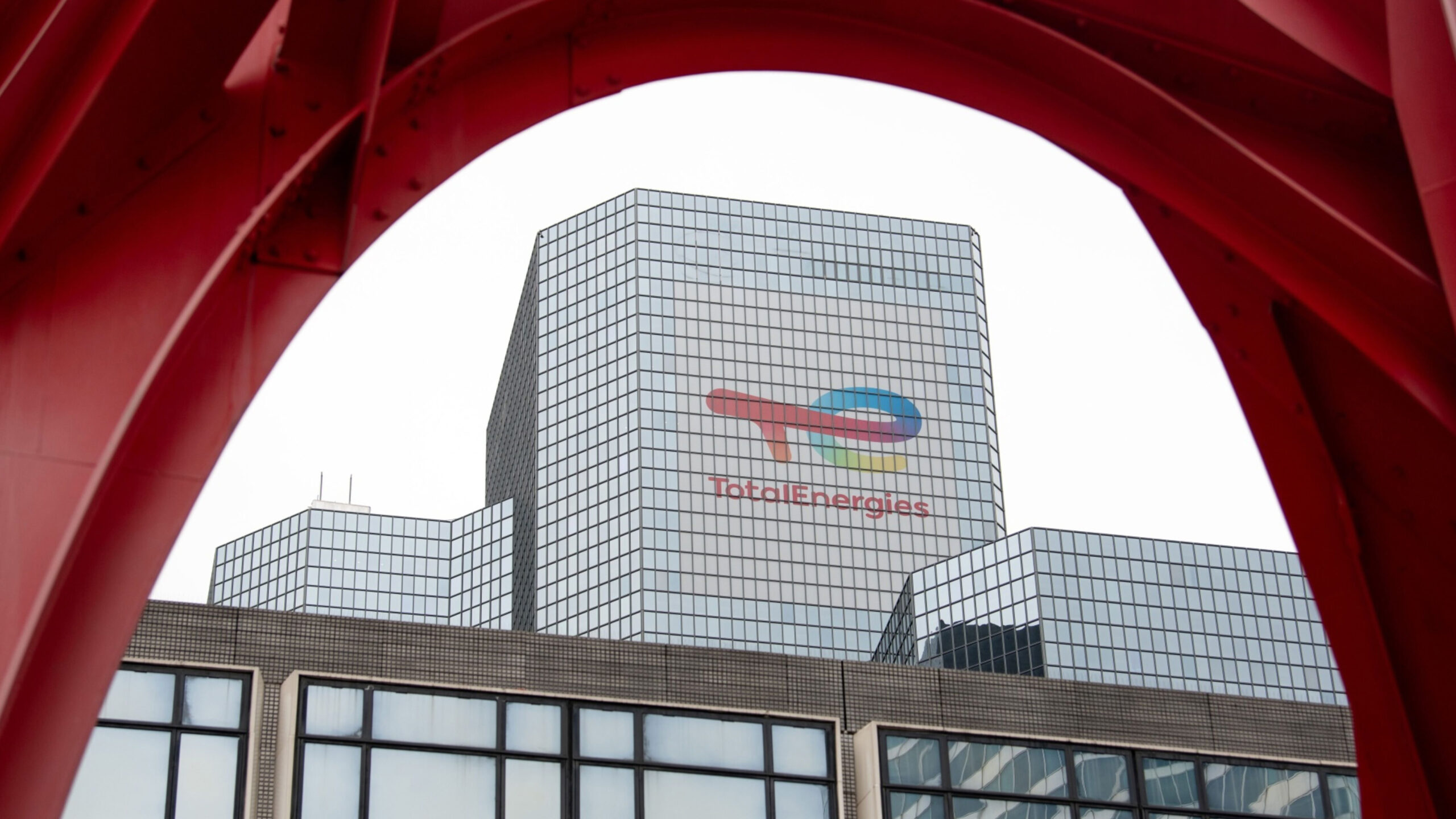

Environmental organisations are challenging the inclusion of nuclear and fossil gas energy sources in the EU taxonomy, claiming that it ‘jeopardises the credibility’ of the rules.
The European Commission has been sued over its decision to include nuclear power and fossil gas in the EU taxonomy by a group of environmental organisations.
In two separate lawsuits filed at European Court of Justice on April 18, Greenpeace and an alliance including the World Wildlife Fund and non-profit ClientEarth, challenged the inclusion of the energy source and accused the EU of failing to adhere to its own taxonomy rules, as reported by The Guardian.
The EU’s taxonomy, launched in 2020, sets out environmental objectives for the bloc and classifies what activities are regarded as environmentally sustainable. In March 2022, the commission adopted a Complementary Climate Delegated Act, which included some nuclear and gas activities within the taxonomy.
The process of building the taxonomy has been blighted by warring political interests, with opposition in particular to the green classification of nuclear power in some cases from countries such as Germany.
“These legal challenges are important steps in holding the EU accountable,” said non-profit Bellona senior manager Lina Strandvåg Nagell.
“The process leading up to its inclusion in the sustainable finance EU taxonomy, was highly politicised and disembarked from one of the most important principles underlying the taxonomy: the promise of scientifically-based criteria,” she told Sustainable Views.
“The inclusion of unabated fossil gas in the taxonomy jeopardises the credibility of the taxonomy as a classification tool for sustainable finance, and creates unnecessary uncertainty and fragmentation in the market for sustainable finance — the very thing the taxonomy was supposed to address.”
Violating the taxonomy regulation
Controversy surrounding the categorisation of nuclear energy as renewable has not been limited to the EU.
Following the UK’s decision to include nuclear energy within its own taxonomy in March, UK Sustainable Investment and Finance Association chief executive James Alexander said that “we’re not entirely wildly excited about the idea”.
In setting out its definition of renewable hydrogen, the EU has allowed for nuclear power to be used in certain cases to produce this energy. This was met with opposition among some German politicians, according to the Financial Times.
In September 2022, eight Greenpeace organisations asked the commission to revisit its decision to have nuclear and fossil gas in the taxonomy. This was rejected in February 2023, which prompted the groups to ask the EU General Court to annul the decision and find the taxonomy’s inclusion of nuclear and fossil gas invalid.
The delegated act on fossil gas and nuclear is not in line with what has been set down in EU law in the taxonomy regulation
Roda Verheyen, Greenpeace attorney
In February, Greenpeace argued that the inclusion of nuclear energy fails to comply to with the taxonomy rules’ “do no significant harm” requirement, which forbids activities from significantly harming environmental objectives. Greenpeace accused the commission of wrongly estimating the greenhouse gases linked to nuclear energy, arguing that it had not factored in the whole life cycle of uranium.
“This case is about proving that the European Commission has simply missed the mark,” said Roda Verheyen, an attorney acting for Greenpeace. “The delegated act on fossil gas and nuclear is not in line with what has been set down in EU law in the taxonomy regulation.
“Rather, the European Commission has violated the very idea of the taxonomy regulation – this is especially obvious as including nuclear activities does pose significant harm to the environment, which is expressly prohibited by the regulation.”
‘Labelling fossil gas as sustainable is absurd’
The second lawsuit seeks the annulment of the commission’s decision to reject internal review requests made in October concerning the Complementary Delegated Act.
The group asked it to look again at the basis on which it had developed the taxonomy and remove the elements it considers unscientific and unlawful.
The group is challenging the commission’s decision to reject its requests, but not the act itself, as non-governmental organisations are not allowed to directly challenge the law.
The filing, seen by Sustainable Views, states that the commission “erred in rejecting the arguments that it had been required to, and had not conducted a climate consistency assessment as required by legislation”.
It adds that it erred in its assessment of scientific evidence and the life cycle of economic activities, as well as its classification of fossil gas-based activities as “transitional” and with its requirement to do no significant harm in accordance with the taxonomy regulation.
Henry Eviston, sustainable finance policy officer at the WWF European Policy Office, said: “Labelling fossil gas as ‘sustainable’ is as absurd as it is unlawful. It goes against the advice of the EU’s own scientists and it fundamentally undermines the credibility of the EU’s climate action. Fossil gas is not clean, not cheap, and not a secure source of energy.
“The taxonomy is supposed to help the EU to meet its climate targets,” he continued.
“Instead, it stands to do the opposite by channelling billions into fossil gas instead of renewables.”
A European Commission spokesperson said that “we take note of the legal action undertaken by several NGOs in relation to the Taxonomy Complementary Delegated Act” and that the commission “would not comment on the substance of the case, before EU Court judgments are delivered.”
Similar Articles

In Brief: EU directs funds to sustainable fisheries; ethical tax standards released

In Charts: Canada, Japan, South Korea ‘blocking clean energy transition’ with fossil fuel finance


